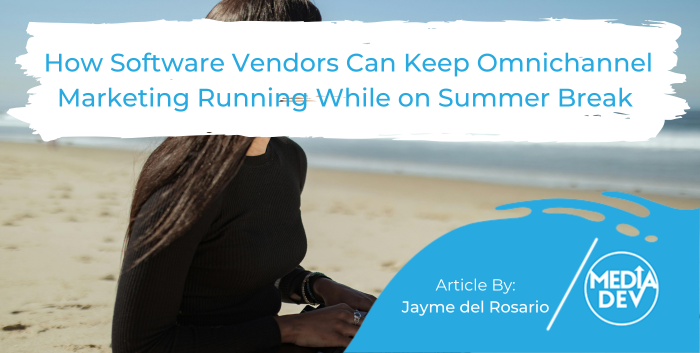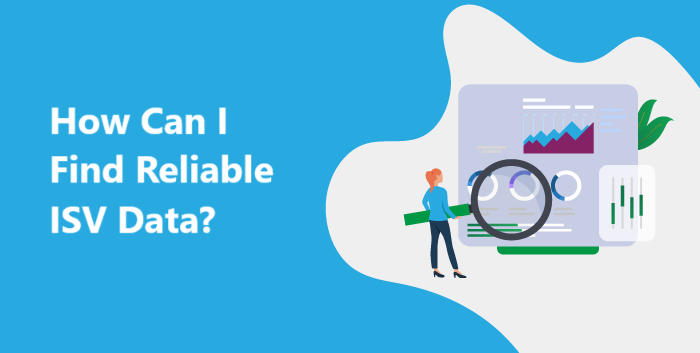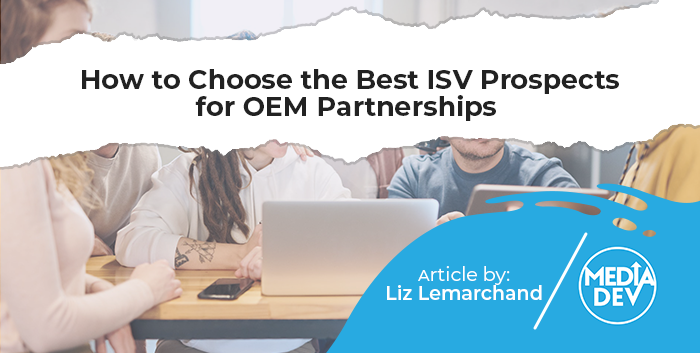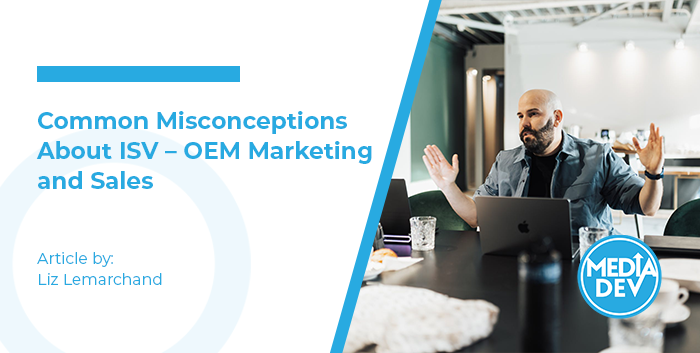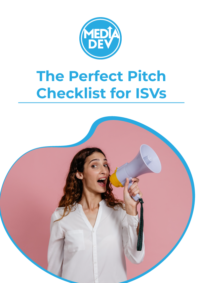- Scrapping information off the web with a basic algorithm and selling raw data as “leads,” or
- Trying to pull the wool over your eyes.
Of course, much comes down to your definition of a lead. For some, leads are contacts. For others, a lead is much, much more. For us, a lead is about:
- Establishing a relationship with a prospect to understand the role they occupy within the company
- Uncovering the challenges that will push them to purchase a solution
- Educating company decision-makers (because there is always more than one) about the product value proposition to ensure they have a clear understanding of what the offer can deliver, and
- Confirming their interest in a sales meeting to begin evaluating the solution
Obviously with this framework in mind, what constitutes a lead will change from one company to the next, and may vary greatly depending on the business context that is uncovered.
In fact, lead generation can be equated to detective work on the one hand, (I am looking to discover pain points within a business that warrant evaluating a solution and in order to do that I probably need to speak to multiple decision-makers within an account,) and solution promotion on the other (I am highlighting my value proposition so that you can see how my product or service will address those needs to entice you to want to have a deeper look). When those two aspects come together, that is when you can really say you have a high-quality opportunity for your sales team to follow up. Feedback from the sales team is essential to close the loop in order to ensure that the quality of the lead is in-line with expectations. So how is that even possible when some lead generation companies promise you 500 sales leads a month? Simple — it’s not.
Top-of-the-funnel leads should never be put on the same playing field as Sales Qualified Leads, yet many marketers interchange the word “lead” freely without making the distinction. Whenever I have a potential customer who asks me, “How many leads can you deliver a month?” my immediate answer is “That depends. What kind of leads are you looking to get and for what purpose?” Providing leads if leads are equated to contacts with specific job titles to invite to an event is one thing; generating leads when a lead means meeting BANT (budget, authority, need, timeframe) criteria is another. It’s really a shame that we don’t have better definitions to distinguish between the two; because we don’t, it’s imperative that we be clear from the start so we all know what we’re talking about.
What’s funny to me is that the marketing boutiques looking to sell high volumes of low-quality “leads” are really no different from the data brokers of a time pre-GDPR; they’ve just packaged their product slightly differently. Of course, we now have the hindsight to know that GDPR did not stop such companies from processing and selling personal data, it’s just that they have gotten away with using GDPR’s legitimate interest clause in order to do so. Now that so much personal data is readily available on social media channels such as LinkedIn, it’s really no wonder that this has become a thing.
Leads as a commodity will only get you so far if increasing your sales pipeline of qualified opportunities is your goal. Lead Generation as a Service means having an “always-on” mentality. Instead of designing marketing campaigns in a silo, you should adopt a holistic and omnichannel approach to lead generation, which will help you develop best practices specifically for your business. In short, when you are looking to work with a lead generation outsourcer, be wary of agencies making promises that seem too good to be true: they usually are.



